「〜する前」という接続詞はよく使う。We use the word “before” a lot.
ก่อน /gɔ̀ɔn(ゴーン)「〜の前」
タイで「〜する前(before)」はก่อน /gɔ̀ɔn(ゴーン)である。In Thai, “before” is ก่อน /gɔ̀ɔn.
忘れてしまった時は日産自動車の会長を思う浮かべれば良い。If you forgot can’t recall the word, just bring the chairman of Nissan in mind.
<例文1>
อย่าลืมปิดไฟก่อนออกจากห้อง /yàa lᵾᵾm bpìt fai gɔ̀ɔn ɔ̀ɔk jàak hɔ̂ɔng/
Don’t forget to switch off the light before you leave the room. 部屋を出る前に電気を消し忘れないで。
ลืม forget to do~ し忘れる
ปิด switch off, close 閉じる 切る
ไฟ light 電気
เขาแปรงฟันก่อนนอน /káo bprɛɛng-fan gɔ̀ɔn nɔɔn/
He/ She brushes his/her teeth before going to bed.彼女は寝る前に歯を磨きます。
แปรง ブラシ、ブラシをかける
ฟัน 歯
นอน 寝る
เมื่อก่อน” /mᵾ̂a-gɔ̀ɔムアゴーン「以前は〜」
過去のある一定期間(以前は〜)については言いたい場合はเมื่อก่อน” /mᵾ̂a-gɔ̀ɔを使う。
If you want to talk about a period of time or sometime in the past, you can use the word, “เมื่อก่อน” /mᵾ̂a-gɔ̀ɔ
<例文2>
เมื่อก่อนเราไม่มีคอมพิวเตอร์ /mᵾ̂a-gɔ̀ɔn rao mâi mii kɔm-píw-dtә̂ә/
We did not have a computer before. 以前はパソコンがなかった。
เมื่อก่อนผมเคยไปวิ่งทุกวัน แต่เดี๋ยวนี้ไม่มีเวลา /mᵾ̂a-gɔ̀ɔn pǒm kәәi bpai wîng túk wan,dtɛ̀ɛ dǐaw-níi mâi mii wee-laa/
I used to go running every day before, but nowadays I do not have time.
วิ่ง run 走る
เดี๋ยว nowadays 今は
参考動画。




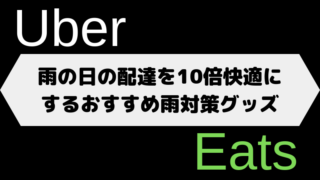
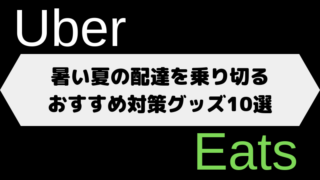
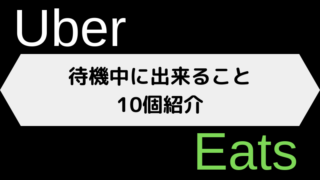
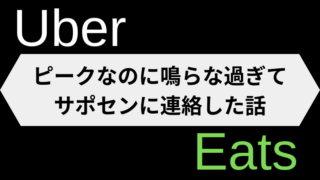
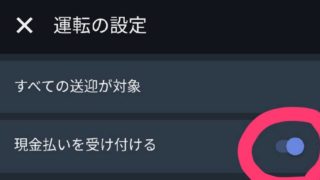
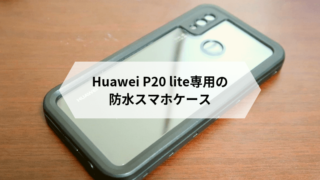
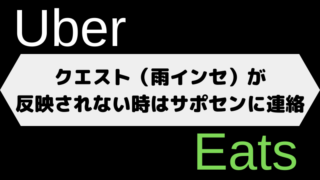
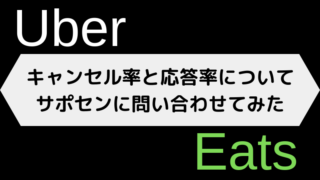
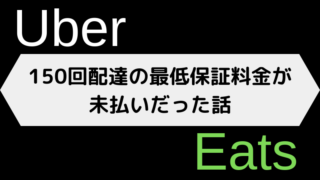
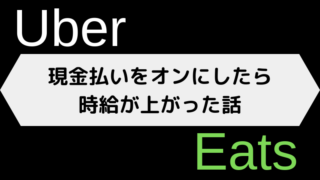



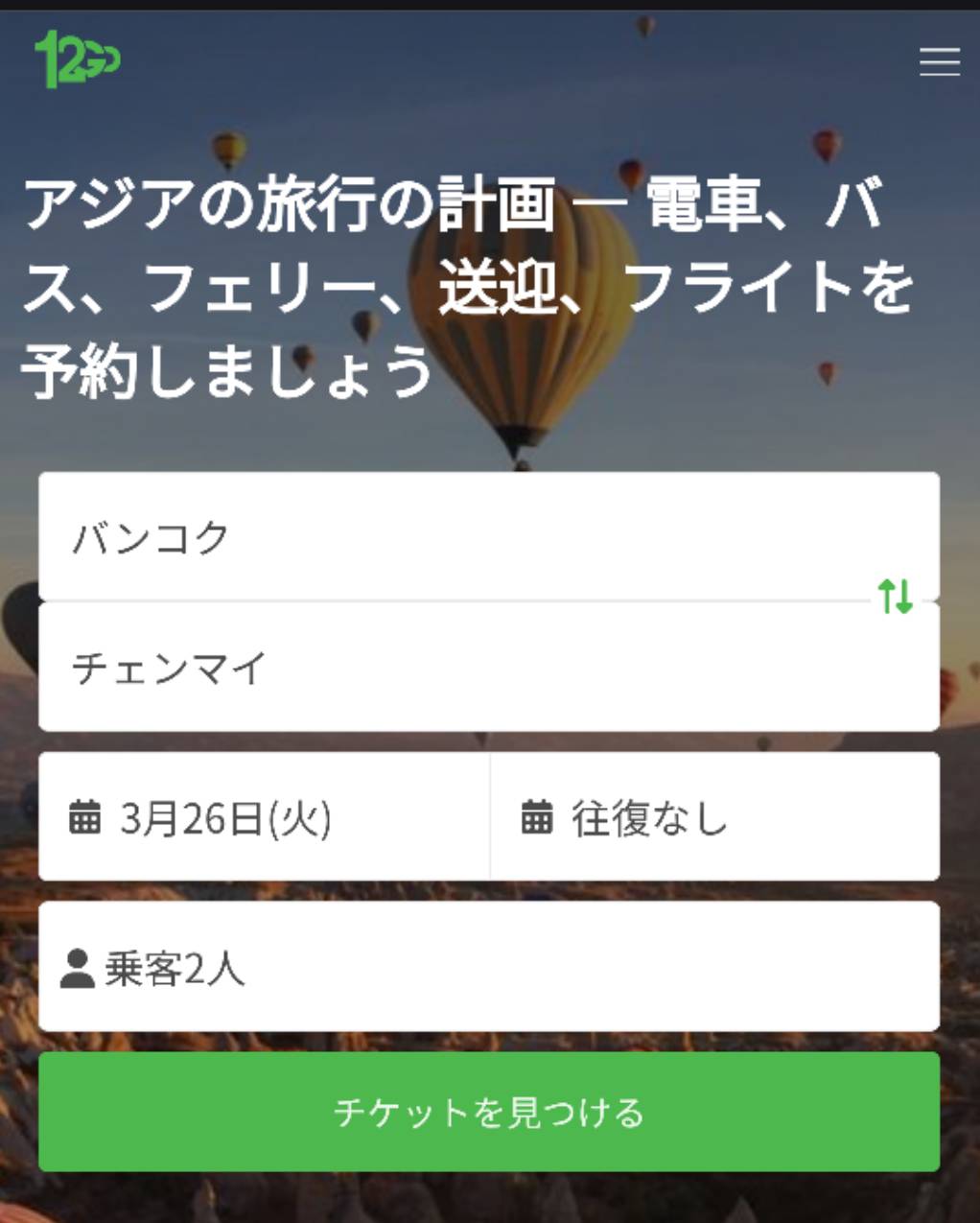








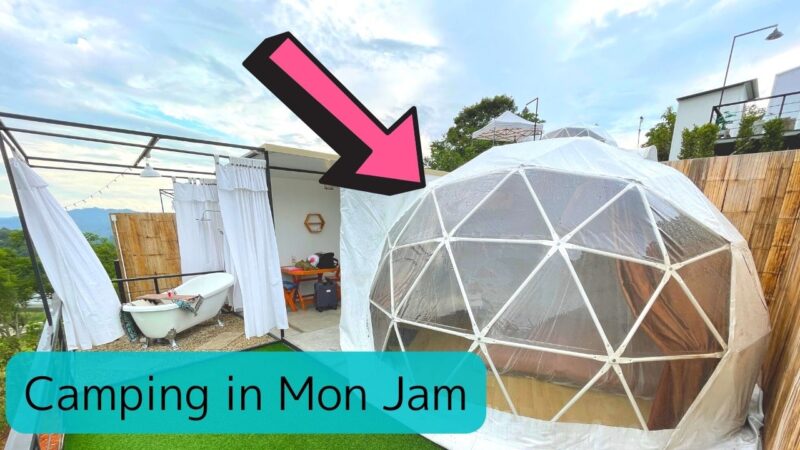







-完全攻略-1-800x450.png)


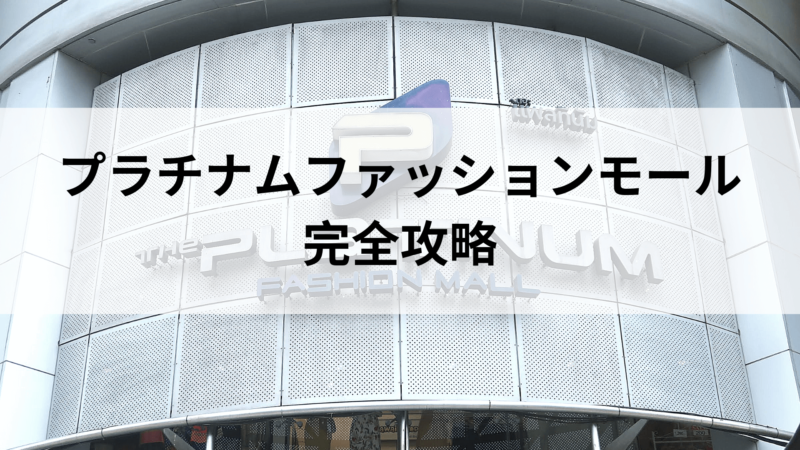



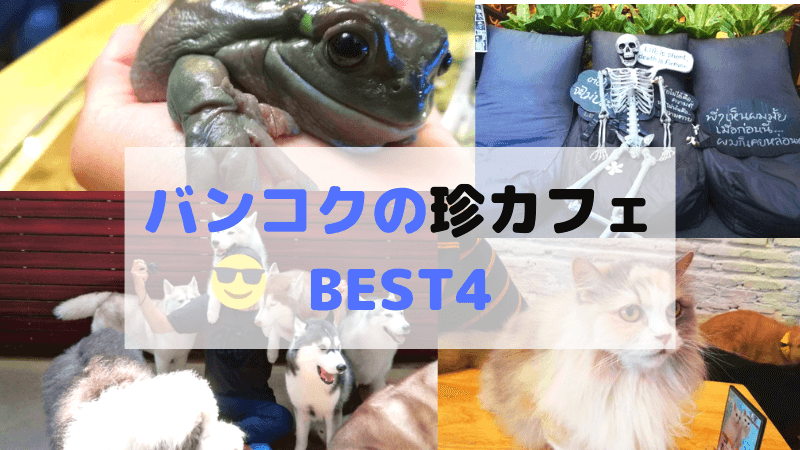

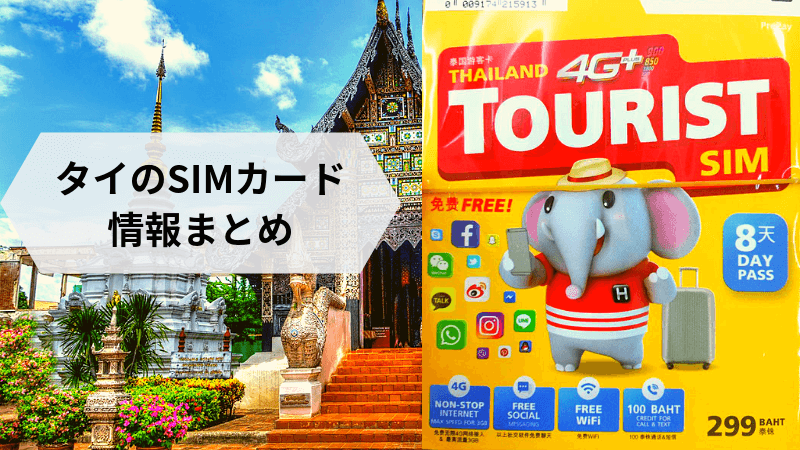





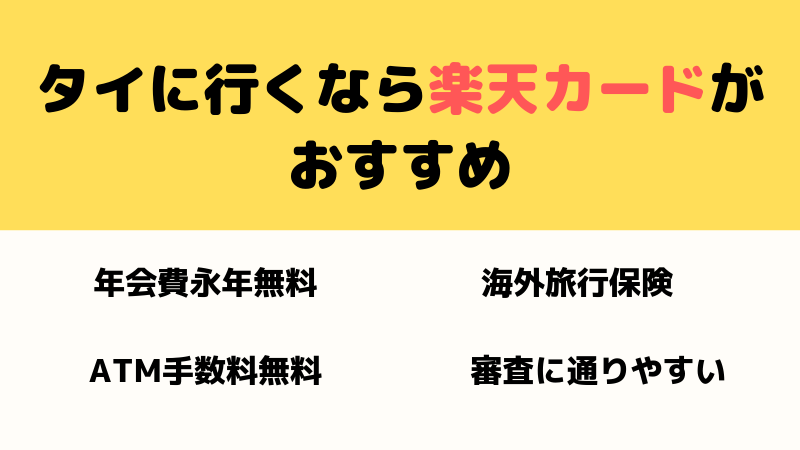
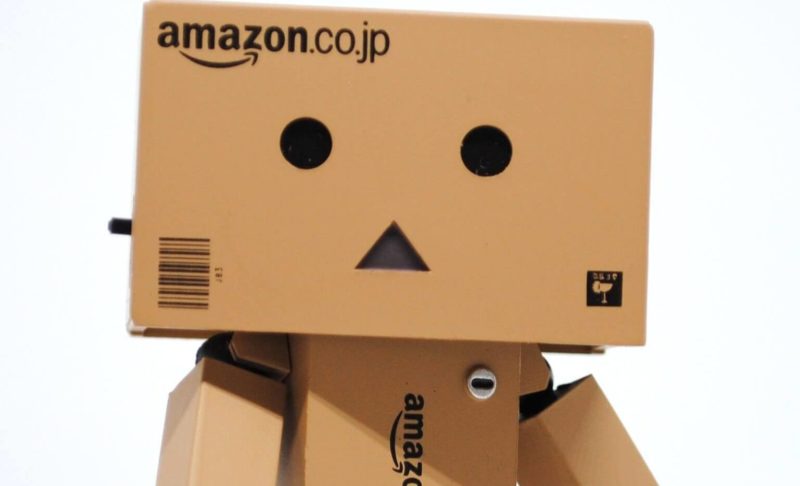
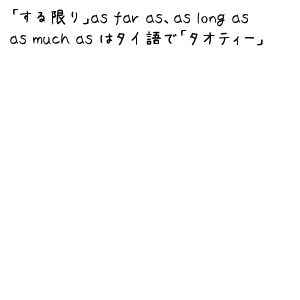


コメント